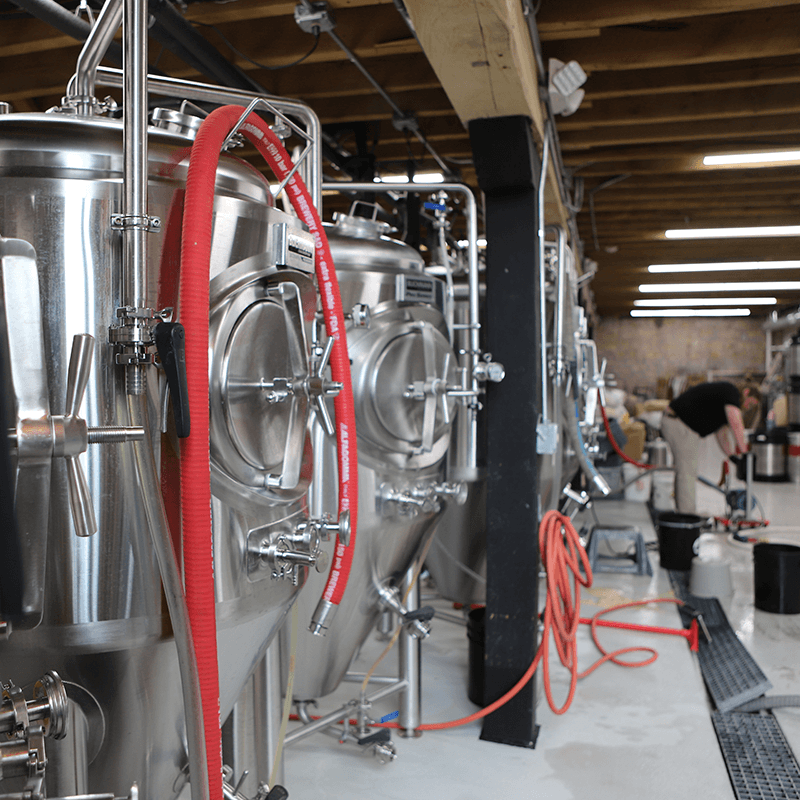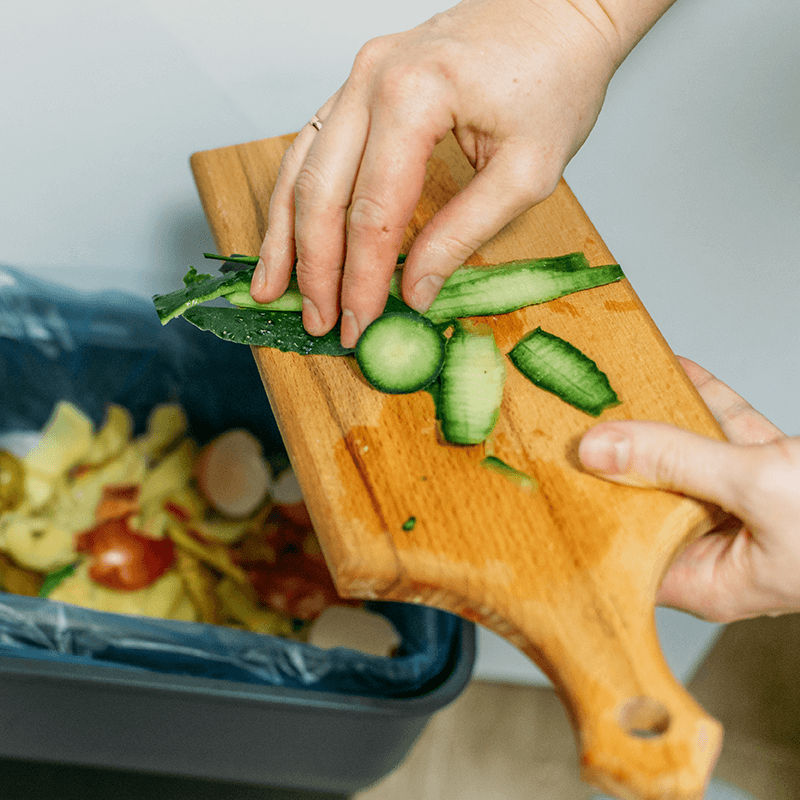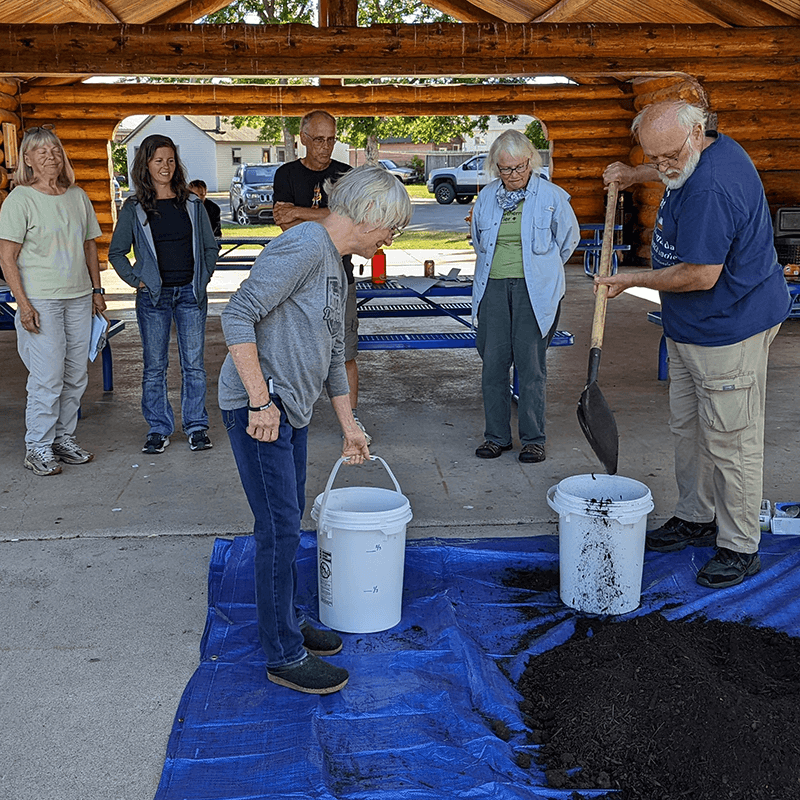Food, Beverage and Organics
In the Media
YouTube appearances, NPR interviews and featured articles in news and blog posts throughout the country! Read more about what we've been up to.
Do you generate organic waste that you'd like to divert from the landfill to better uses? Give the IWRC a call and let us help you find actionable solutions to your organic waste, be it anaerobic digestion, composting, donation, or simply preventing waste before it's even generated, we can help!
Our clients are as diverse as municipalities, compost sites, anaerobic digestion facilities, jails, nursing homes, public libraries, educational institutions, restaurants, and breweries - to name a few. Our services span the gamut and include: waste sorts, educational awareness campaigns, compost training, regulatory guidance, environmental audits, and implementation of strategies that will reduce the amount of organic waste you send to the landfill. Our Food Beverage and Organics Program is also renowned for the Iowa Green Brewery Certification, which has mentored many other state organizations wanting to implement similar programming specifically for breweries.
Give us a call today!
Food, Beverage & Organics Latest Posts
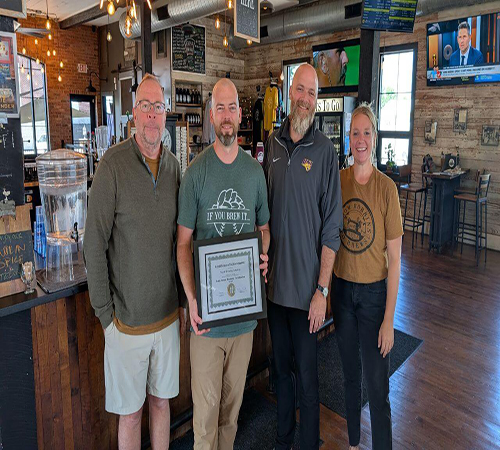
Textile Brewing joins the ranks of Platinum certified Green Breweries
Textile Brewing has been awarded Platinum level certification from the Iowa Green Brewery Certification (IGBC) program. The…
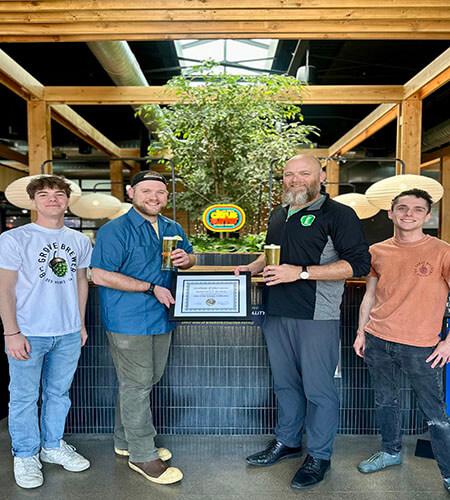
VIEW ALL
News Stories
Blog Posts
Food, Beverage and Organics Video Playlist
What Clients Say
What Clients Say
What Clients Say
What Clients Say
What Clients Say
What Clients Say


